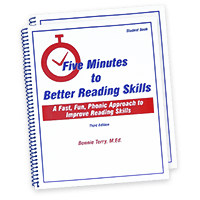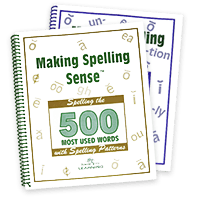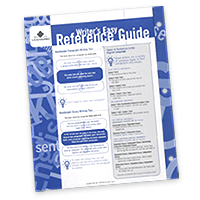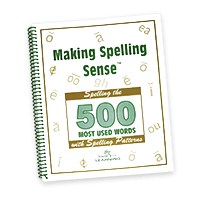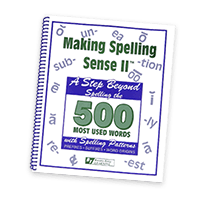New study links Dyslexia to slower processing of sounds in the brain
March 16th, 2009I just read this article written by Tralee Pearce regarding recent research on dyslexia and thought you’d enjoy it. This study again shows the deep connection and impact that processing problems have with learning problems.
TRALEE PEARCE
From Friday’s Globe and Mail
March 13, 2009 at 11:57 AM EDT
While researchers and educators have come a long way in recent decades in identifying and treating the reading disability dyslexia, its origins remain murky. Now, brain scientists are one step closer to understanding just how it may unfold – and when.
Using brain scans of 13 dyslexic and 13 non-dyslexic adults taken while they read and listened to matching and non-matching sets of letters and sounds, researchers in the Netherlands have found that dyslexic readers process printed symbols and their corresponding sounds differently than non-dyslexic readers.
The findings suggest that in those with dyslexia, there may be a breakdown in brain function occurring as they acquire spoken language as children, long before they start trying to read and write.
When asked to match letters and their sounds, the dyslexic readers performed well, but took longer than the others, says Vera Blau, a PhD student in cognitive neuroscience at Maastricht University.
When processing matching letters and sounds, the non-impaired readers showed stronger brain activity in the superior temporal cortex – a region of the brain associated with much of our hearing abilities – than when they were processing letters and sounds that did not match.
Dyslexic readers processed both matching and non-matching pairs at the same, slower pace. Ms. Blau also found that even when a dyslexic reader was exposed to sound only, there was less activity in the superior temporal cortex.
“This suggests that dyslexic readers learn these connections but their brains process them less automatically, which is one reason why they might experience difficulties in becoming sufficiently fluent in reading,” says Ms. Blau, who conducted the research with a team led by her professor, Leo Blomert. The study was published online yesterday in the journal Current Biology.
Fellow dyslexia researcher Nadine Gaab, an assistant professor of pediatrics at Children’s Hospital Boston who did not work on this study, says Ms. Blau’s work builds on her own and others’ work trying to locate the mechanisms in the brain that explain dyslexia.
“It shows the missing link between reading and sound processing,” she says. Over the last 20 years, she says, this potential link has been ignored by even well-meaning doctors and educators, in favour of remedial reading lessons. “But if you think about it, when you learn to read, the four years of preparation are all coming through the ears.”
All the study participants were matched for educational level, age, handedness and IQ. They were also tested on a battery of measures for reading status.
To read more…click here.
Hope this was helpful. Get your informal LD Dyslexia Assessment Tool to understand exactly what is interfering with learning becoming easy.
Bonnie Terry, M. Ed., BCET













